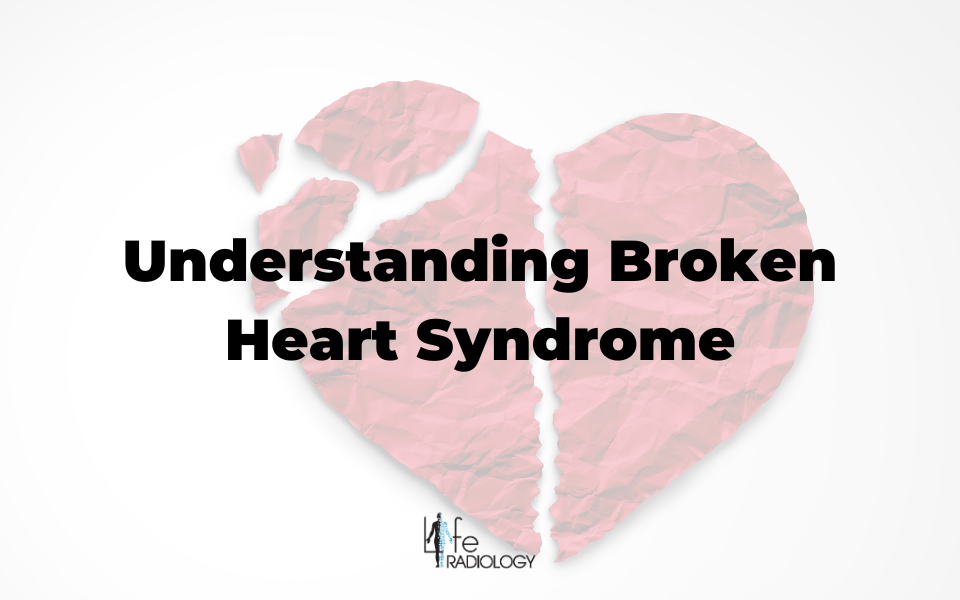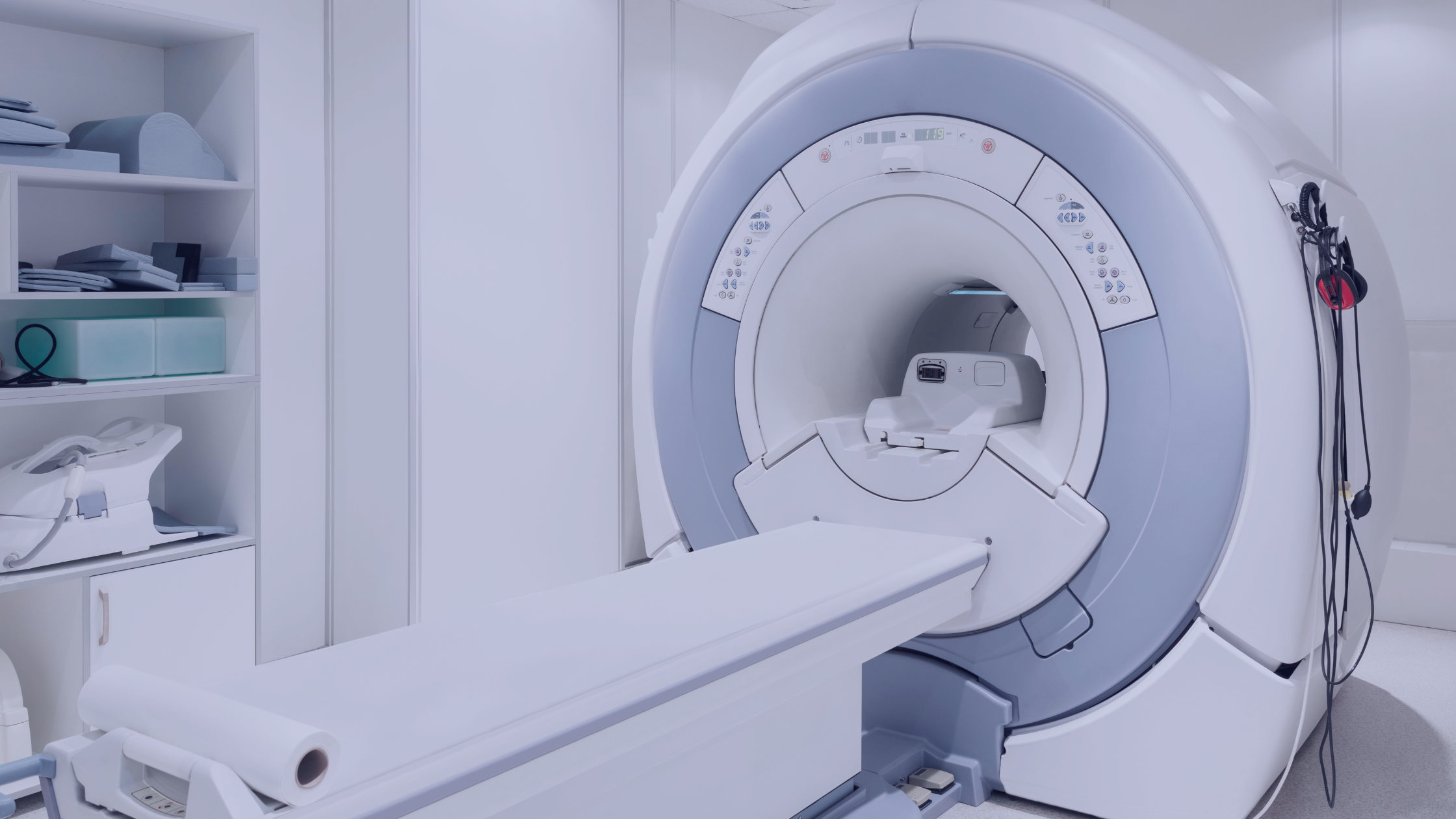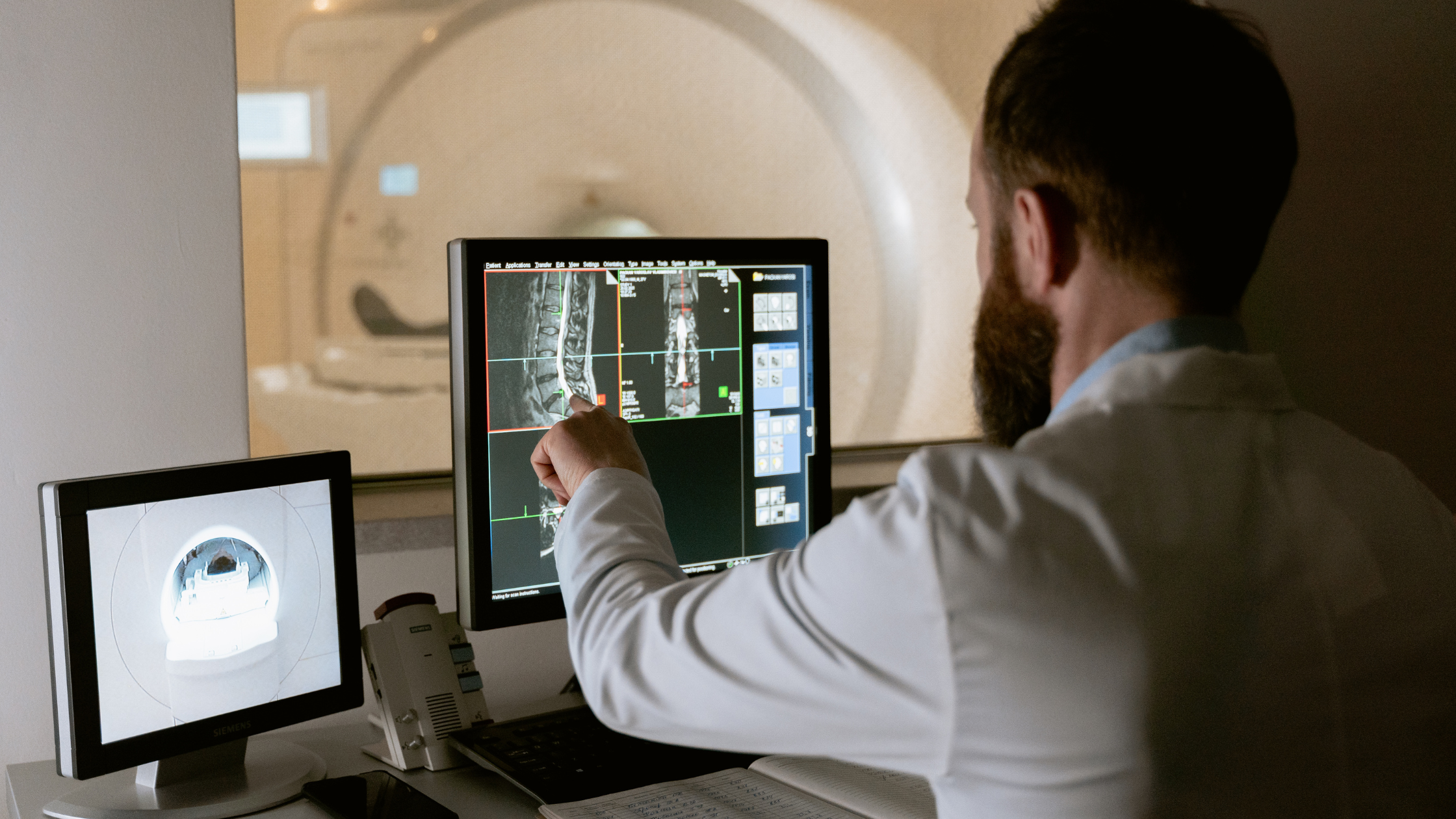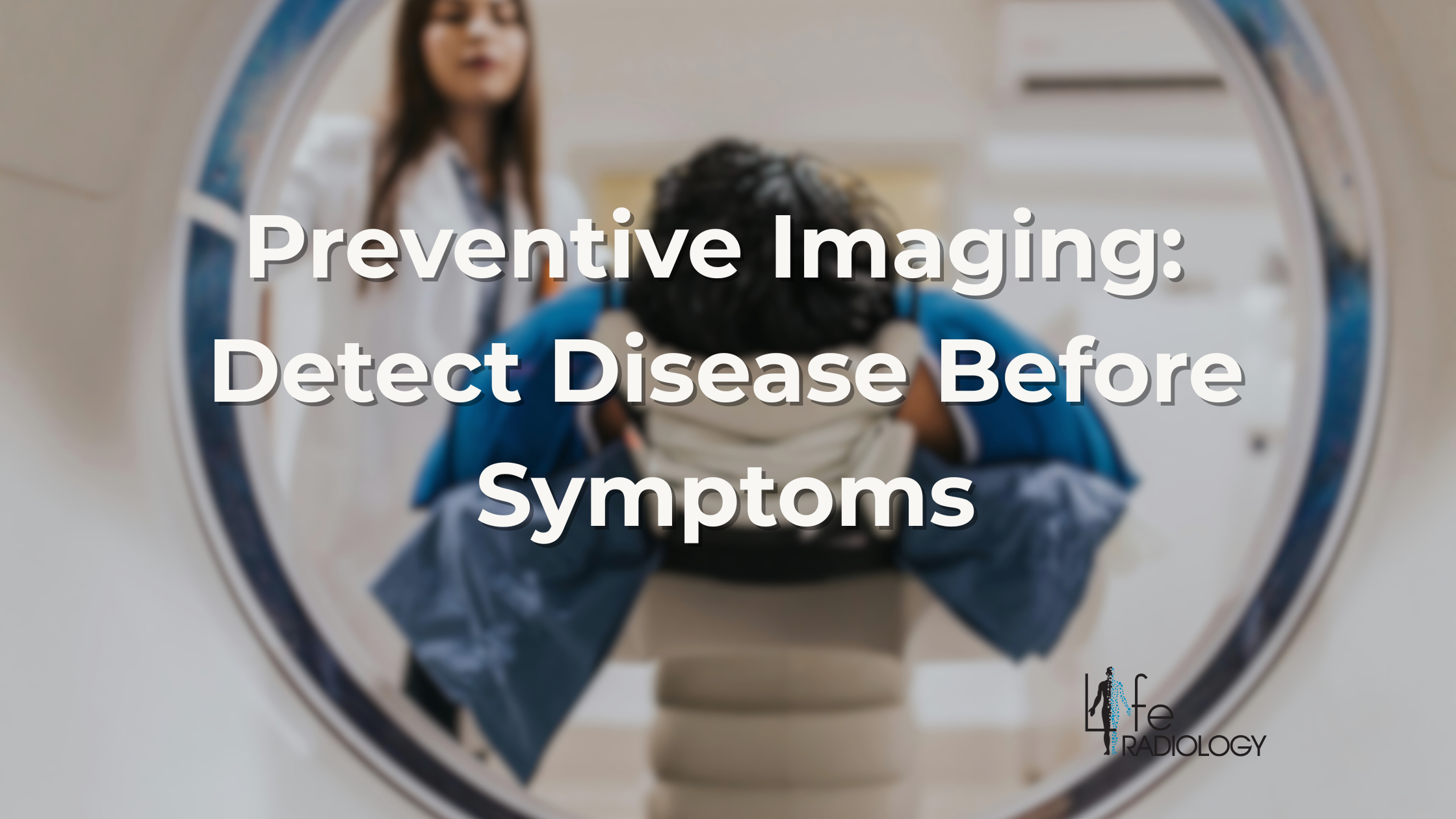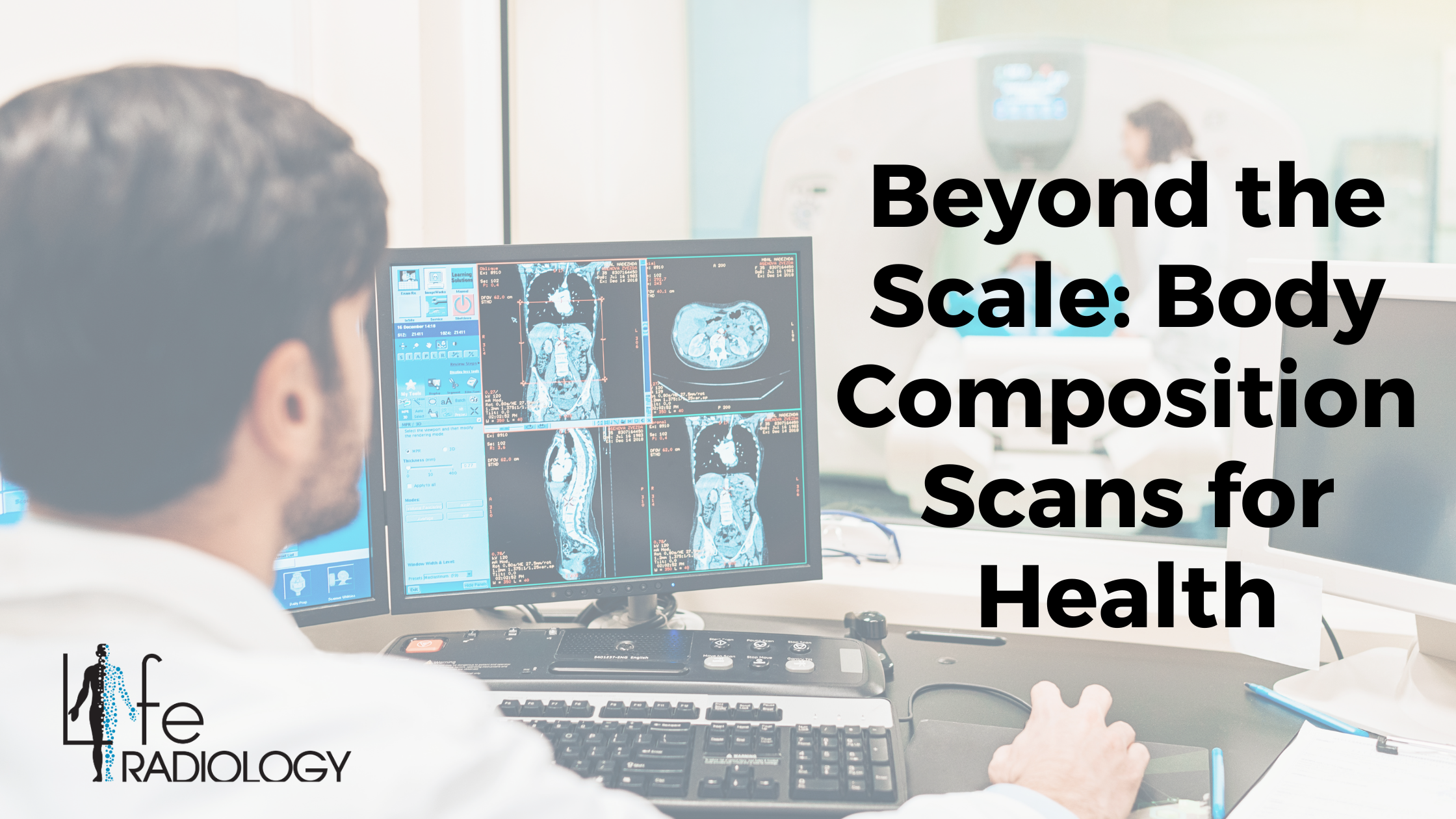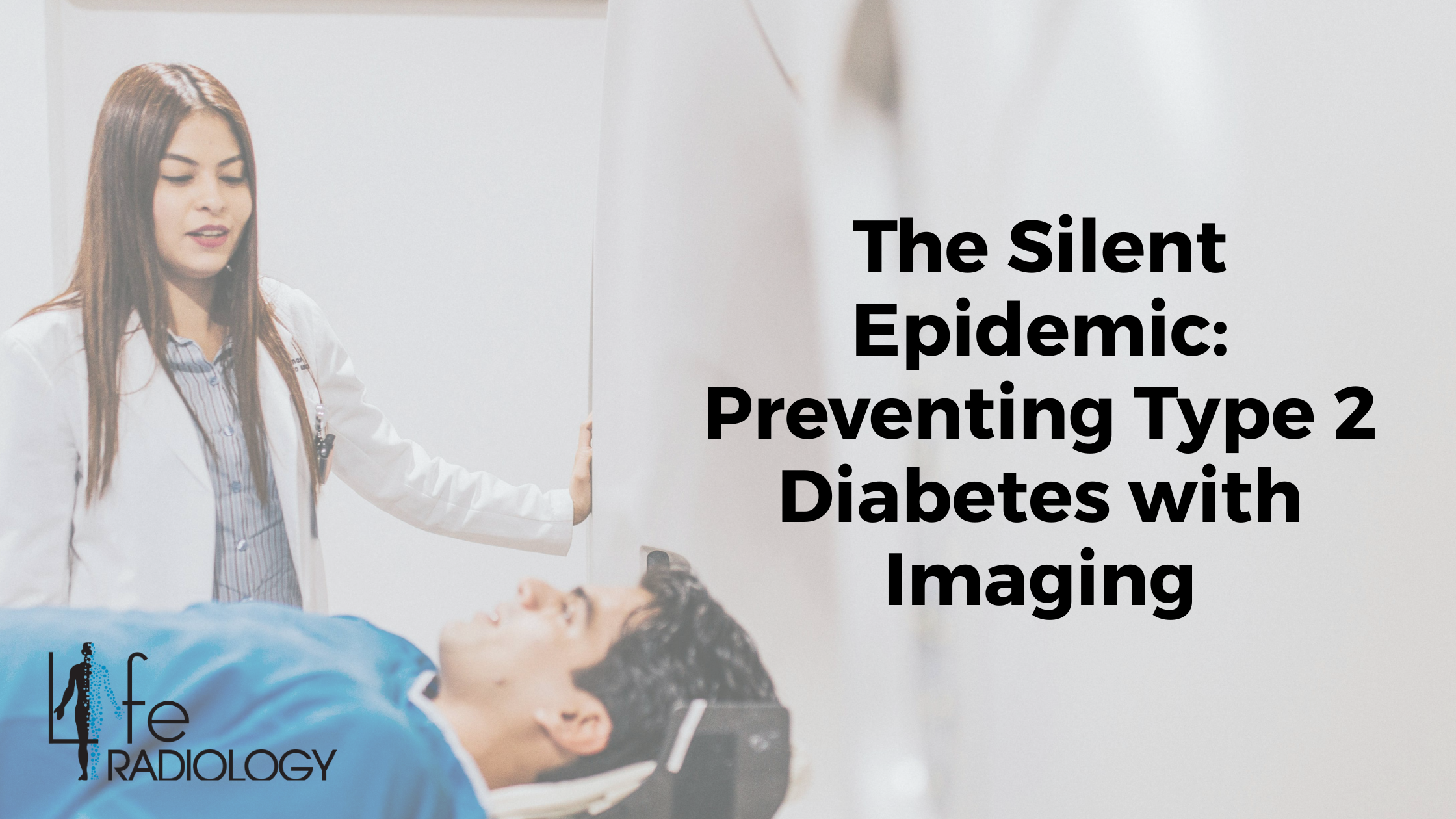Understanding Broken Heart Syndrome
Did you know that stressful events can have a profound impact on your heart health? Broken heart syndrome, also known as stress-induced cardiomyopathy or takotsubo cardiomyopathy, is a temporary heart condition that is triggered by intense emotional stress.
This condition often resembles the symptoms of a heart attack, but it differs in that blocked arteries do not cause it. Instead, it is believed to be caused by a surge in stress hormones that affect the heart. It is important to be aware of this condition and to take steps to manage your stress levels to protect your heart health.
In this blog, we will explore the causes, symptoms, and treatments of broken heart syndrome, as well as provide tips on how to manage stress levels.
Symptoms of Broken Heart Syndrome
- Chest Pain: Individuals often experience intense chest pain.
- Shortness of Breath: Breathing difficulties are common, coupled with chest discomfort.
- Irregular Heartbeats: Arrhythmias might occur, causing palpitations.
- Sudden, Intense Chest Pain: Often triggered by a stressful event.
- Cardiogenic Shock (Rare): In severe cases, heart failure may develop.
Causes of Broken Heart Syndrome
While the exact cause remains unclear, emotional stressors such as the loss of a loved one, traumatic events, financial crises, or severe emotional distress are often linked to its onset. The surge in stress hormones may temporarily weaken the heart.
Diagnosis of Broken Heart Syndrome
- Physical Examination: Doctors conduct a thorough examination.
- Medical History Review: Understanding prior stressors or events.
- Diagnostic Tests: These include echocardiograms, ECGs, and blood tests to differentiate from a heart attack.
- Coronary Angiogram (Rarely Used): Occasionally, this may be performed to rule out artery blockages.
Treatment Approaches
- Medication: Prescription of beta-blockers, ACE inhibitors, or other relevant drugs to manage heart function and reduce stress.
- Lifestyle Changes: Stress management techniques, counseling, and relaxation methods.
- Hospital Monitoring: Ensuring proper care and recovery, especially in severe cases.
Prevention Strategies
While prevention isn't foolproof, managing stress is vital:
- Regular Exercise: Incorporating physical activity to alleviate stress.
- Adequate Sleep: Prioritizing sufficient sleep for overall well-being.
- Stress Management: Engaging in yoga, meditation, or hobbies to relieve stress.
- Healthy Lifestyle: Adopting a balanced diet and avoiding excessive alcohol or smoking.
Comparison with Other Heart Conditions
Distinguishing Broken Heart Syndrome from Heart Attacks or Angina
Heart Attacks (Myocardial Infarction):
- Cause: Usually caused by a blockage in the coronary arteries due to a blood clot or plaque buildup.
- Symptoms: Typically include prolonged chest pain, sweating, nausea, and shortness of breath.
Affected Area: Results in damage to a specific part of the heart due to restricted blood flow.
Angina:
- Cause: Often occurs due to reduced blood flow to the heart muscle, leading to chest discomfort.
- Symptoms: Presents as chest pain or pressure, usually triggered by physical or emotional stress.
- Duration: Symptoms generally resolve with rest or medication.
Unique Characteristics of Broken Heart Syndrome:
- Trigger: Linked to acute emotional stress rather than arterial blockage.
- Symptoms: Mimics a heart attack but without artery blockage. ECG changes often resemble a specific pattern known as "apical ballooning."
Recovery: Often reversible within weeks to months with proper care and without lasting damage to coronary arteries.
Complications and Long-Term Effects
Potential Complications of Broken Heart Syndrome
Heart Failure:
- When a person experiences broken heart syndrome in severe form, it can lead to heart failure. The heart's ability to effectively pump enough blood to meet the body's demands is hindered by this condition.
Stroke:
- While rare, there's a potential risk of stroke due to blood clots forming because of abnormal heart function during broken heart syndrome.
Long-Term Effects on Health and Mental Well-being
Heart Health:
- In most instances, broken heart syndrome doesn't cause lasting damage to the heart muscle. However, recurrent episodes can lead to increased risks for cardiovascular issues.
Mental Health:
- Individuals may experience anxiety, depression, or post-traumatic stress disorder (PTSD) following an episode of broken heart syndrome, necessitating psychological support.
Psychological Impact of Broken Heart Syndrome:
Experiencing broken heart syndrome can have a profound effect on an individual's mental health. The emotional stress and trauma associated with this experience of a specific condition may result in anxiety, depression, fear, and even post-traumatic stress disorder (PTSD) in some cases.
Coping with the shock of a sudden cardiac event, coupled with the emotional triggers that led to the syndrome, can take a toll on one's mental well-being.
Coping Mechanisms:
- Seeking Counseling or Therapy: Professional counseling or therapy sessions with psychologists or mental health experts can help individuals navigate the emotional distress caused by broken heart syndrome. Therapists can provide coping strategies and emotional support tailored to individual needs.
- Practicing mindfulness techniques such as meditation, yoga, and deep breathing can help reduce stress and improve emotional resilience.
- Social Support Networks: Sharing experiences and feelings with friends, family, or support groups can alleviate the emotional burden.
- Healthy Lifestyle Choices: Adopting a balanced diet, regular exercise routine, and adequate sleep patterns contribute to overall well-being and can positively impact mental health.
Support Resources and Organizations in Miami:
1. University of Miami Health System - Mental Health Services:
The University of Miami Health System provides mental health services, like counseling, therapy, and support groups that cater to those with heart-related conditions.
2. Jackson Behavioral Health Hospital:
- Jackson Behavioral Health Hospital provides a range of mental health services, including counseling and psychiatric care, assisting individuals in coping with emotional distress following cardiac events.
3. Support Groups:
- Organizations like the American Heart Association may facilitate support groups or have local chapters in Miami. These groups offer a platform for individuals to share experiences, gain emotional support, and access valuable resources.
4. Online Resources and Hotlines:
- Online platforms such as the National Alliance on Mental Illness (NAMI) and crisis hotlines like the National Suicide Prevention Lifeline provide information, support, and immediate assistance for those in distress.
Seeking help from these support resources and organizations in Miami can be instrumental in providing emotional support, guidance, and necessary mental health care for individuals and their families affected by broken heart syndrome.
Remember, seeking professional help is crucial for managing the psychological impact of broken heart syndrome. These resources can offer invaluable support during the recovery process.
Latest Research and Advancements
Recent Scientific Findings and Ongoing Research
Advancements in Understanding:
- Recent studies have focused on better understanding the pathophysiology of broken heart syndrome, exploring the role of stress hormones and their impact on heart function.
Diagnostic Approaches:
- Research is ongoing to develop more precise diagnostic tools to differentiate broken heart syndrome from heart attacks and improve early detection.
Treatment Modalities:
- Novel treatment strategies, including tailored medications and therapeutic interventions targeting stress hormones, are being explored to enhance patient outcomes.
Conclusion:
In summary, broken heart syndrome, also known as stress-induced cardiomyopathy or takotsubo cardiomyopathy, is a transient cardiac condition triggered by intense emotional stress. While its symptoms often resemble a heart attack, this syndrome distinguishes itself by not being caused by arterial blockages. Instead, it's triggered by an influx of stress hormones that temporarily affect the heart.
When comparing it to other heart problems like heart attacks and angina, it becomes evident that there are certain differences between them.
While blockages in the heart's arteries usually cause heart attacks due to blood clots or plaque buildup, and angina manifests as a warning sign of reduced blood flow to nature, broken heart syndrome is linked to acute emotional stress without arterial blockage, reflected in specific patterns in test results like the electrocardiogram (ECG).
Complications associated with broken heart syndrome, though infrequent, include the possibility of heart failure and, in rare cases, a risk of stroke due to blood clot formation. Despite this, most individuals fully recover within weeks or months, with minimal long-term damage to the heart muscle.
However, recurrent episodes might increase the risk of long-term cardiovascular issues.
Regarding recent advancements in research, scientists are delving deeper into understanding how stress hormones impact cardiac function during this syndrome, promising better treatment methods.
More precise diagnostic tools are being developed to differentiate between broken heart syndrome and heart attacks, and novel therapeutic strategies, like tailored medications and stress hormone-targeted therapies, aim to enhance management and recovery from this condition.
Ultimately, while broken heart syndrome can be emotionally challenging and physically taxing, with proper care and attention, most individuals can overcome this transient episode without causing lasting harm to the heart. Seeking emotional support and adopting stress-reducing strategies are vital components for recovery and minimizing long-term risks, offering the potential to return to optimal heart health and overall well-being.
